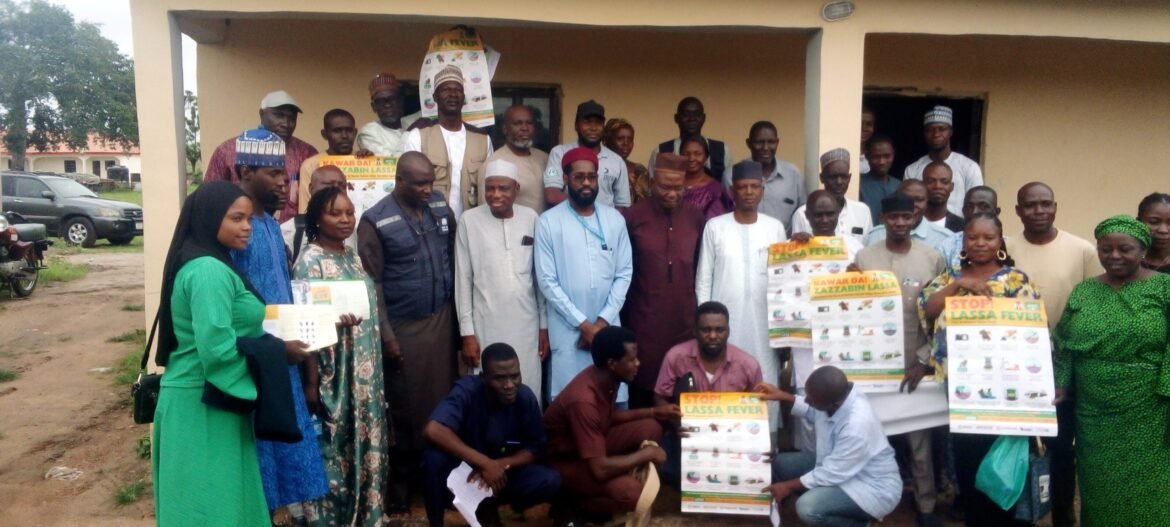The World Health Organization (WHO) has trained community health workers and journalists in Taraba State on community-led interventions to curb the spread of Lassa fever.
The training took place on Friday in Sunkani, headquarters of Ardo-Kola Local Government Area, one of the LGAs where cases of Lassa fever have been reported aside Bali and Jalingo.
During the training, Health officials, community influencers, and members of the media were engaged to strengthen awareness and response capacity.
According to the facilitators, the program is designed to enhance community awareness and risk communication through the use of Information, Education, and Communication (IEC) materials and targeted outreach campaigns.
It also aimed at building the capacity of community health workers and surveillance officers for effective case identification, reporting, and referral. Other objectives of the training included establishing community-based surveillance and referral systems for timely detection and management of suspected Lassa fever cases, and promoting environmental hygiene through organized clean-up exercises.
In his presentation, Dr Mohammed Abdulkarim encouraged people to keep their environment clean, store food in tightly covered containers, and dispose of garbage properly to prevent rats from breeding around homes.
He also advised individuals to promptly report symptoms such as persistent fever, weakness, or unexplained bleeding to the nearest health facility for early diagnosis and treatment.
Speaking on behalf of the Taraba State Primary Health Care Development Agency, Mr. Lawan Iliasu Mafindi, commended WHO and its partners for the initiative.He urged participants to take the message of prevention and awareness back to their communities, noting that community-level engagement remains critical in stopping the disease.
Participants expressed appreciation for the training, pointing out that the dry season when Lassa fever cases are often more prevalent is approaching, making the knowledge timely and valuable.
The initiative is part of ongoing efforts to reduce the incidence of Lassa fever in Taraba State and Nigeria at large, where the disease continues to pose a public health challenge.

